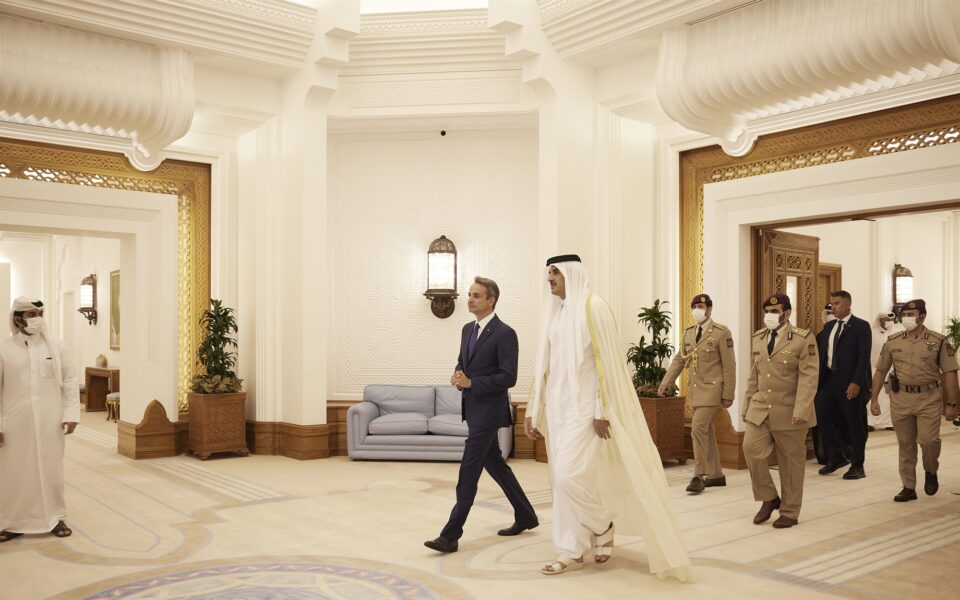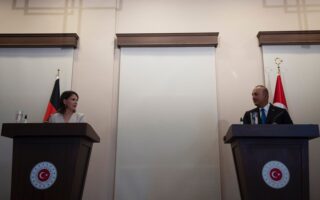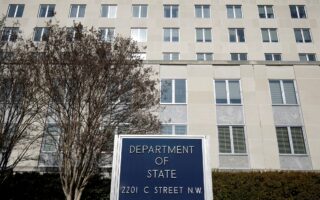Greece and Qatar looking for new opportunities

The visit of Prime Minister Kyriakos Mitsotakis in Qatar echoes Greece’s multidimensional appetite in approaching the Arab world. The two countries traditionally enjoy friendly ties and the 2017 blockade of Qatar did not substantially affect the common will for synergies. Certainly, the January 2021 al Ula declaration that resolved the Persian Gulf ‘rift’ by recognizing the importance of unity among countries of the Gulf Cooperation Council left the 2017 crisis behind, paved the way for strategic stability and was welcomed by Greece, the United Nations and the international community.
Against this backdrop, closer bilateral collaboration is not only desirable but feasible. Last year, a Qatari rescue team was dispatched to Greece to help in the fight against wildfires. Also, in May, the Greek National Tourism Organization and Qatar Airways launched a joined campaign to promote Greece as a tourism destination in the Gulf. Further to this, shipping is at the epicenter of attention. Greek shipowners can play a catalytic role in transporting Qatari LNG to other markets. Greece itself is currently increasing its imports and thus accelerating the effort to diversify energy sources.
In parallel with tourism, shipping and energy, trade and investments are also on the agenda. Qatari statistics shows that the bilateral trade volume reached around €250 million in 2021 from €185 million in 2019, before the outbreak of the pandemic. While room for improvement is evident, discussions for significant investments from Qatari businessmen have not materialized yet but are making some progress. Infrastructure works and real estate offer some opportunities.
In strategic parlance, Greece’s closer ties with Qatar can help the former better approach and understand a critical partner of Turkey in a turbulent neighborhood. Such a development is useful by taking into account, among other things, that Qatar Energy – along with Exxon Mobil – have signed an agreement with Cyprus on gas exploration. More importantly, the USA has designated Qatar “as a major non-NATO ally” since March.
Subsequently, Athens and Doha are making some steps together in the defense sphere. Already existing memoranda of understanding, for instance between the Hellenic Aerospace Industry, the Hellenic Vehicle Industry and Qatar are stoking the will for collaboration. It is no coincidence that a few months ago, the commander of the Greek Navy received an invitation by his Qatari counterpart to attend the Doha international maritime defense exhibition and conference.
Prime Minister Mitsotakis is expected to visit Qatar again in November on the occasion of the 2022 World Cup. The more the two sides talk to each other, the deeper the bilateral relationship that will be forged.
Dr George N. Tzogopoulos is a senior fellow at the Hellenic Foundation for European & Foreign Policy (ELIAMEP) and the Begin-Sadat Center for Strategic Studies in Israel. In the last trimester he was a lecturer at Luiss University in Rome.





